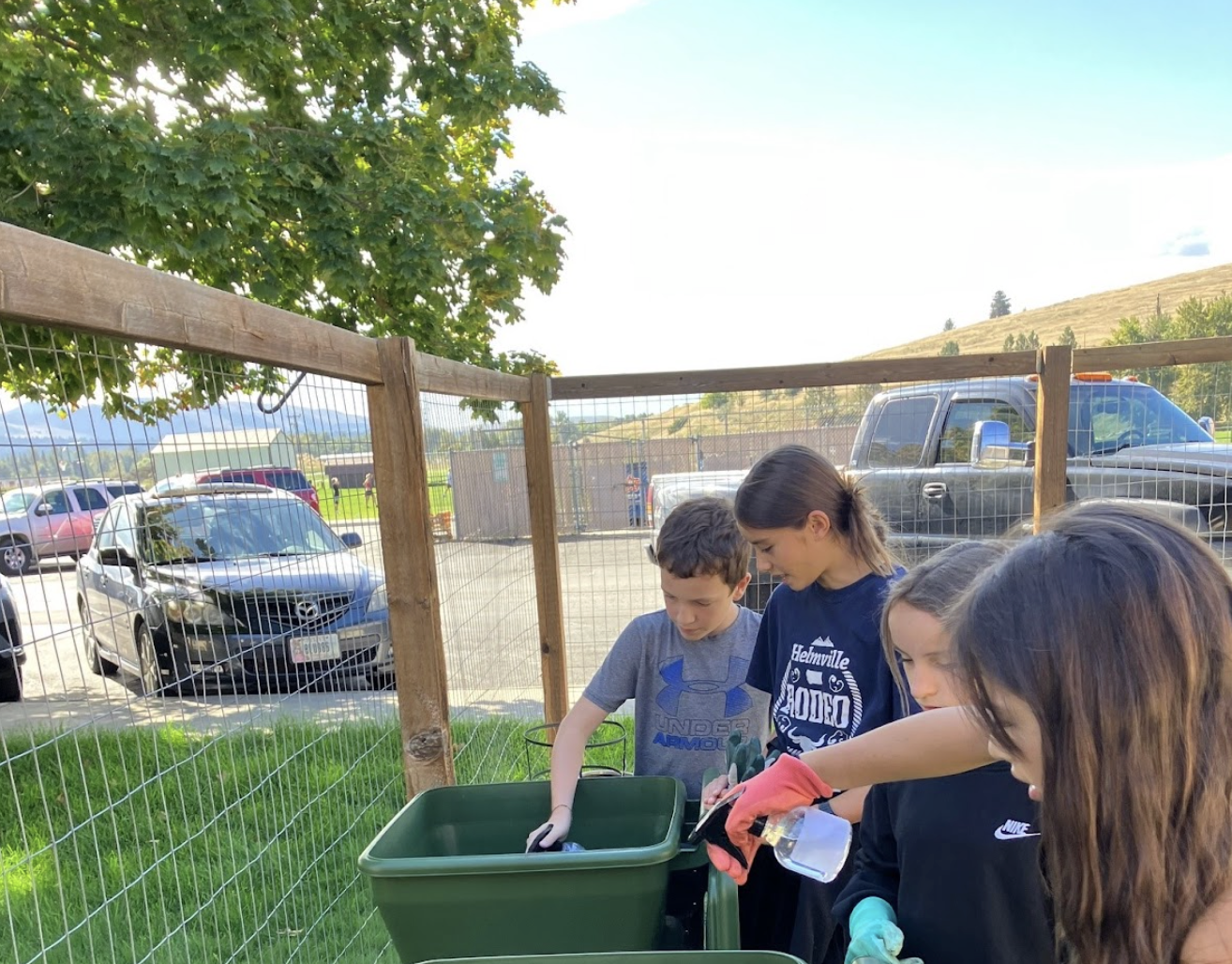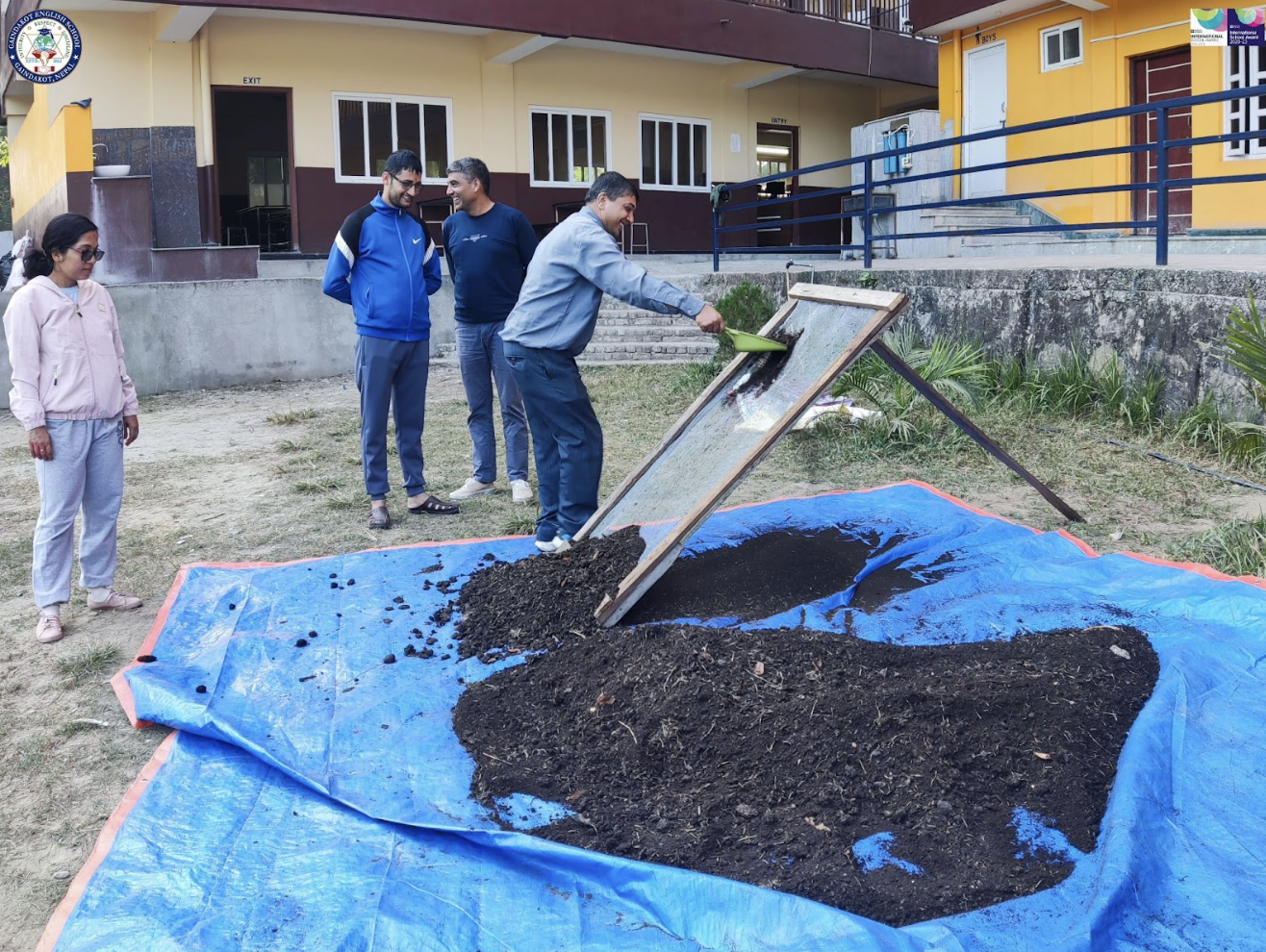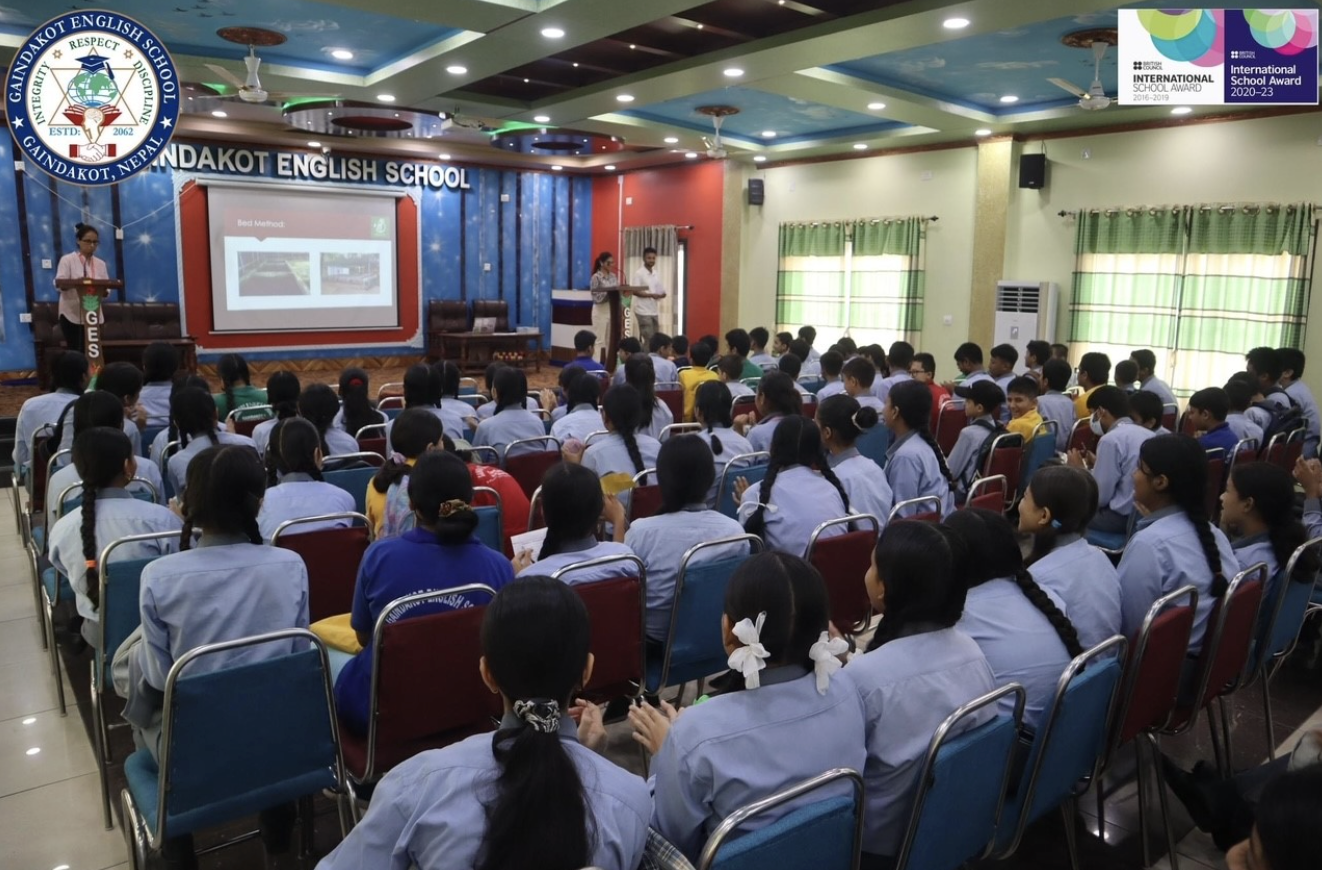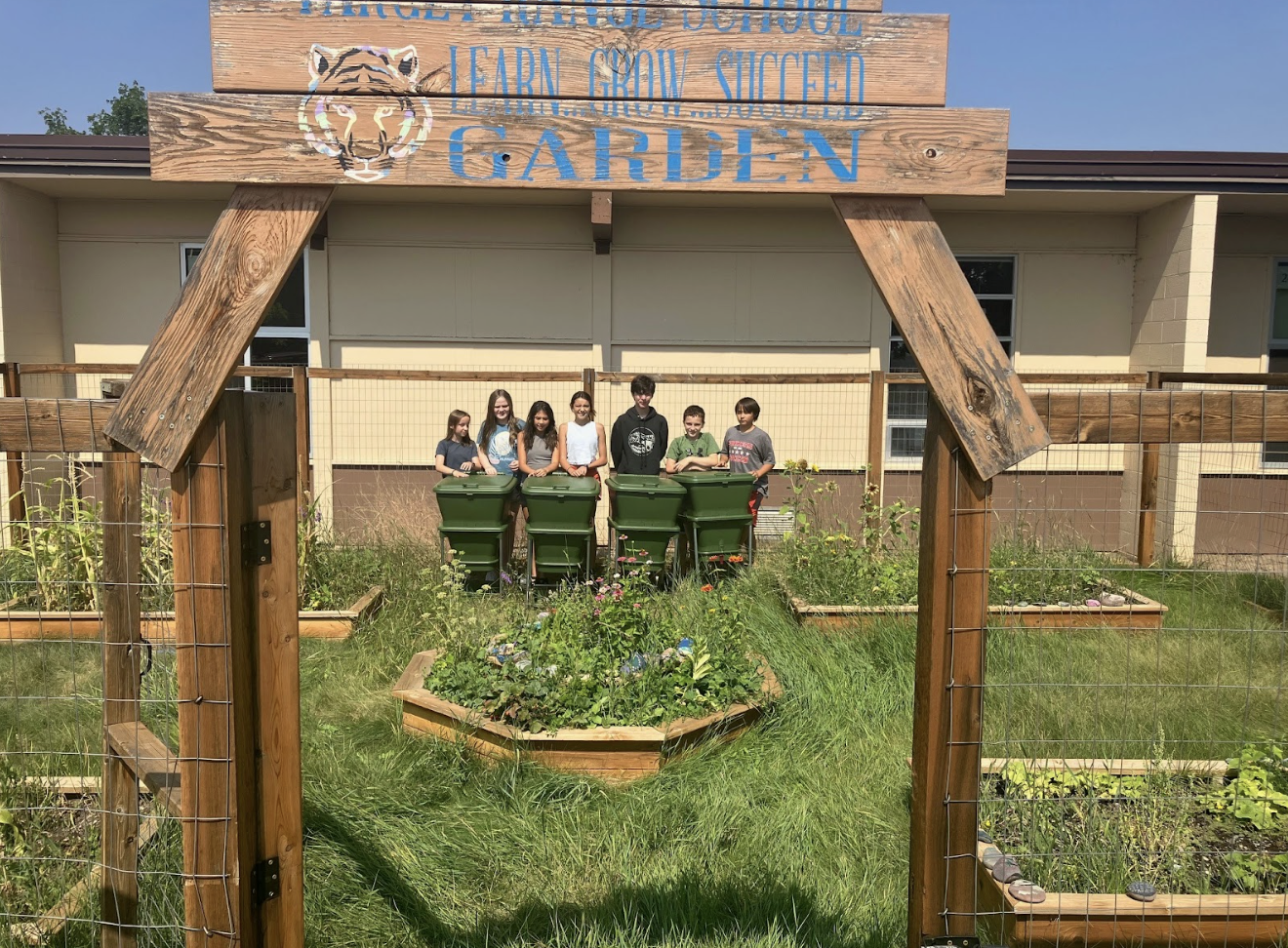From Nepal to Montana: Two Classrooms, One Global Mission
Written by Office of Alumni Affairs Intern Michael O’Hearn, Edited by Maria Eliades and Emily Rand
From Nepal to Montana, Hiralal Aryal and Elaine Higuera are educators from opposite sides of the globe on a joint mission – to empower students in the fight against climate change. The Nepalese elementary school principal and Study of U.S. Institutes (SUSI) ExchangeAlumni Hiralal Aryal, and Montanan elementary school teacher and Sports Envoy ExchangeAlumni E
laine Higuera joined forces to educate their students on the impacts of climate change, with the ultimate goal of reducing global waste through the Citizen Diplomacy Action Fund (CDAF) project, US: International VermiComposting.Hiralal first met Elaine while on his international exchange program in the United States. His visit to the Target Range School in Missoula, Montana, where Elaine teaches, sparked a realization between the two educators; they shared an interest in the environment and youth education.
This realization led to the pair teaming up to apply for a CDAF grant, started a virtual exchange between the students at Target Range and Gaindakot English School in Nepal which evolved into a lasting initiative focusing on waste reduction in their communities.
When the Going Gets Green
Both schools have Go Green initiatives, inspired by a non-profit of the same name, to adopt environmentally friendly practices. These initiatives support the CDAF projects, and have led to successful efforts to reduce students’ carbon footprint. For example, The Gaindakot English School eliminated all plastic waste by repurposing and recycling materials like tires and trays into something more useful.
“We get tires from vehicles and we …use them to make office furnishings and sitting areas,” Hiralal said. “I'm looking for the areas where I can prepare my students to work on things like reducing carbon emissions for climate change.”The Gaindakot English School’s main objective involves vermicomposting, in which earthworms and other microorganisms are unleashed into waste material, transforming it into soil. The school then sells vermicompost prototype models to the community, in turn reducing waste by nearly three tons each week.
The Target Range School has also used vermicomposting to reduce waste. In their compost, Target Range School students turn ten pounds of food waste into soil each week, then use it to fertilize their garden. The Montana-based students have also switched to LED lights, and are even hoping to move to full solar energy using solar panels.
Elaine has been including lessons on the true cost of energy, and how students can reduce not just the school’s carbon footprint, but also that of their own. The impact of these lessons and the CDAF project has been immense.
“They've learned so much and they're super excited about it [vermicomposting],” Elaine said. Our goal is to just keep this going and keep the kids generating ideas on what they can do next. They're now listening to the news and watching things that they hadn't paid attention to before on climate change.”The same is true for the students in Nepal, who are finding passion and enjoyment in their work.
“We try to educate our children who go [in]to the community and change the mindset of people. That's why we educate our children about good practices,” said Hiralal. “They go to the community and that will bring a huge impact on combating the climate and making a better planet.”
International Connections Give Back
The connection that Elaine and Hiralal forged through their exchange programs has been invaluable to both individuals, and has fueled their continued and collaborative effort in their classrooms. Elaine is hopeful that the collaboration between her students in Montana and Hiralal’s students in Nepal will continue, and she emphasized that the cultural exchange was the most valuable part of the CDAF project. Hiralal sees his time in the United States as an inspiration for giving back to his community through his students.“I learned so many things in the United States and I need to give back to the community now, that's my responsibility,” he said. “I have a passion that we need to educate our students to be responsible citizens. The big challenge is protecting the environment and combating climate change, that's why that is the area I focused on.”




